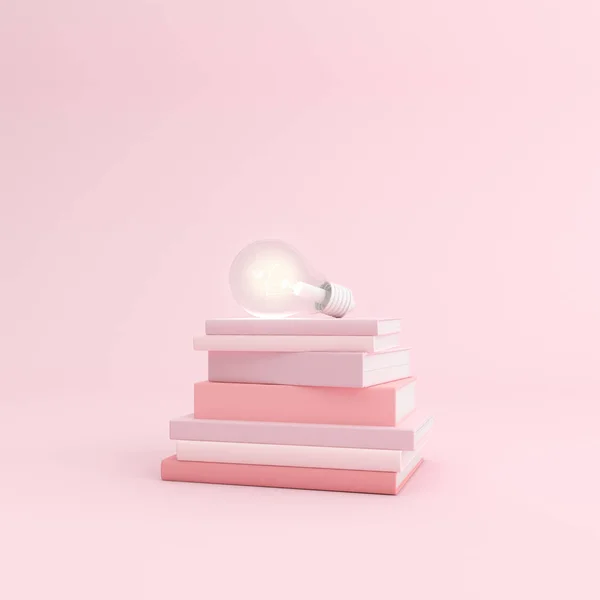For most of my life, I never had the language to describe what I was going through, especially growing up in Vietnam, where mental health was rarely, if ever, acknowledged, and where terms like ADHD, autism, depression, or anxiety were virtually nonexistent in everyday conversation; if a child couldn’t sit still, was easily distracted, or showed big emotions, they were usually seen as needing more discipline or simply as being difficult, not as someone who might need support or understanding, so I went through my early years thinking that something was wrong with me, that I was just bad at focusing, bad at being “normal,” and constantly trying to catch up with a world that never quite made sense.
It wasn’t until I moved to the United States that I started hearing people talk more openly about mental health, and as I listened to conversations and read more about things like learning disabilities, emotional regulation issues, and neurodivergence, I began to recognize pieces of myself in those descriptions, and while I didn’t immediately jump to the conclusion that I had ADHD, a small voice inside me started asking questions that I couldn’t ignore, especially as I noticed how often I struggled to stay focused during tasks, how quickly I became overwhelmed by simple decisions, how my brain would jump from one idea to another without warning, and how difficult it was for me to sit still without shaking my legs or fidgeting with something in my hands.
Despite all those signs, I spent years brushing them off, telling myself I was just easily distracted or not trying hard enough, minimizing my struggles by saying things like “everyone feels this way sometimes” or “I’m just being dramatic,” and even though deep down I suspected that something more might be going on, I convinced myself that I didn’t need help, partly out of fear, partly out of pride, and partly because I’d grown up in a culture where seeking mental health support was often seen as unnecessary, shameful, or even self-indulgent.
But lately, I started realizing that these challenges weren’t just occasional frustrations, they were affecting my relationships, my work, my confidence, and my ability to enjoy the present moment without feeling constantly scattered, behind, or emotionally drained, and at some point I had to admit to myself that this wasn’t just about being busy or stressed, it was about something deeper that I had spent most of my life trying to ignore, so I finally made the decision to schedule an ADHD assessment, which felt like a big, vulnerable step even though it was just one phone call.
The actual process took longer than I expected, I spent about an hour and a half on a video call with a psychiatrist who asked me questions about nearly every part of my life, from my childhood to my school experiences, my work habits, my relationships, how I handle pressure, how I manage emotions, and even what my day-to-day looks like, and while some of the questions felt deeply personal and made me reflect on things I hadn’t thought about in years, I also felt strangely relieved to finally say some of it out loud, to stop pretending everything was fine, and to start exploring what might actually be going on beneath the surface.
In addition to the conversation, I had to complete a questionnaire, take a urine test, and fill out several self-assessments, all of which made the process feel very real, but also very thorough, and now I’m waiting for my next appointment with the doctor, where she’ll share the final assessment and let me know whether I meet the clinical criteria for ADHD and if medication or some form of treatment might be helpful moving forward.
To be honest, I still feel nervous about what the results will say, and a part of me is still adjusting to the idea that my brain might actually work differently in a way that has a name, a cause, and potentially a path toward support, but more than anything, I feel a sense of relief, not because I want a label, but because I finally allowed myself to stop pretending and start understanding, and I think that’s what growing up really is: the willingness to confront what you’ve ignored, the courage to ask hard questions about yourself, and the commitment to do what it takes to make life a little more manageable, and more true to who you are.
Whatever happens next, I’m glad I took this step, and if any part of this journey sounds familiar to you, I just want to say you’re not alone, and it’s okay to ask questions, to get curious about your mind, and to seek clarity.
I’ll share more soon once I get the results.

Leave a Reply